Europe is failing two life-and-death tests
Thursday, 08.01.2009.
20:23

Europe is failing two life-and-death tests Look at the mess we're in. Europe faces two acute crises that threaten both our interests and our values. The Gaza war is a negation of every principle for which Europe claims to stand. It directly affects our vital interests, not least because the latest round of Palestinian suffering (compounded by the Palestinians' own divided and irresponsible leadership) will further inflame the anger of Muslims living in Europe. The Russian-Ukrainian gas dispute has already resulted in elderly citizens of some east European member states shivering in unheated apartments. If protecting our people from dying of cold is not a vital interest, I don't know what is. And this conflict, too, mocks European ideals of conflict-resolution by peaceful negotiation under the rule of law. So how does Europe respond? Ludicrously, it has been represented in the Middle East by not one but two separate missions, an official EU one led by the Czech foreign minister, since the Czech Republic has just taken over from France the still-rotating six-monthly presidency of the EU, and another consisting of the king-emperor Nicolas Sarkozy, who clearly so much liked being president of Europe for the last six months that he feels Europe and the world cannot possibly do without him. To adapt Louis XIV: 'L'Europe, c'est moi'. At a moment when the United States is suspended between an outgoing president who won't do anything to stop the slaughter and an incoming president who feels he can't yet, Europe has a chance to show what it can do. So here it is: weak, divided, hypocritical (arms exports) and still as infuriatingly pompous and vacuously self-aggrandising as it was in the early 1990s, when the foreign minister of Luxembourg descended on disintegrating Yugoslavia and cried 'the hour of Europe has come'. Like the Bourbons, the EU seems to have forgotten nothing and learned nothing. The official EU delegation's demand for an instant ceasefire was simply rebuffed. Sarkozy, to his credit, has at least worked urgently with the state on Gaza's southern border, Egypt, to come up with a concrete plan. But even if Israel agrees to some version of the Egyptian plan, it will be for its own combination of operational and political reasons, and/or because effective pressure comes from Washington. Ach Europa! sighed the German writer Hans Magnus Enzensberger some twenty years ago, with affectionate exasperation. Ach Europa! I cry in 2009, more in anger than in sorrow. While the human suffering caused by the Russian-Ukrainian gas dispute is less acute than that in Gaza, Europe's failure here is even more culpable. For all its economic power, Europe can not stop the Gaza tragedy without help from the US. Not true in respect of Russian gas. If we had done what the experts have been urging since the last Russian pipeline throttling and had begun to create a single European market in natural gas; if 27 EU member states consistently acted as one in the positions they take with both Russia and Ukraine; then we would never have descended to this sorry mess. As it is, when I hear officials of the European Commission huffing and puffing - this is 'unacceptable', they say, 'Russia must...' - I not merely anticipate but inwardly almost share the contemptuous reaction of Gazprom and Vladimir Putin. Why can't we Europeans get our act together when it comes to dealing with the rest of the world? On our own continent, we have done great things: we have almost completed the most ambitious enlargement in the history of the Union; we have just marked the tenth anniversary of the Euro. In external policy, we are little further on than we were a decade ago. And time is not on our side. As powers such as China and India rise, the relative power of Europe inevitably decreases - so pooling our resources is to some extent simply running to keep up. Global warming and nuclear proliferation will not wait on our endless internal debates. There are two keys to getting our act together: institutional and political. In the last decade, we've paid too much attention to the institutional, too little to the political. Institutions matter. For all his faults, Sarkozy did show over the last half-year the kind of impact that an energetic, confident presidential figure representing Europe could make. Better still to have a president and a high representative both appointed for a longer period, as envisaged in the Lisbon Treaty. Less visibly, it would help to have a single 'external action service' of officials and diplomats whose business it is systematically to identify European interests, values and instruments on all the main external issues (Israel-Palestine, Russian gas, you name it). So some say: these events show that we really need the Lisbon Treaty, therefore the Irish must have a second referendum and come back again with the right answer. That seems to me both anti-democratic in principle and unlikely to succeed in practice. If I were Irish, I would feel both bullied and condescended to, and therefore still more inclined to say 'no'. Rather, we should be thinking what institutional changes really are essential to having a more effective external policy, and how these can be achieve under or added to the existing treaties that make up the EU's cumulative constitution. Ultimately, the institutions are only means. Where there's a political will, there'll be an institutional way. Where there isn't the political will, the best institutional arrangements in the world won't do the trick. At this point, it is customary for elder statesmen and stateswomen - a resource with which our continent is richly over-endowed - to start bewailing the lack of 'leadership' in today's Europe. (It was so much better, we understand, in their day.) Actually, I don't think our current leaders are such a bad bunch. Yes, they all want to grandstand and profile themselves on the world stage: what politician doesn't? The deeper problem is not in these political stars but in ourselves. It's our fault for rewarding their vanity. So long as we, the people, in countries across the European Union do not wake up and demand that our leaders get their collective act together, in the interest of each and all, they will have no domestic political incentive for doing so. They may (or, in the case of British Conservatives, may not) intellectually accept the long-term case for a stronger, more coherent European voice in the world, but while they are politicians in office this insight will be trumped by considerations of short-term political advantage. It is up to us, the citizens of Europe, to change their calculation of advantage. That means we ourselves have to wake up to the dangerous world we're in: a world in which we now face a long struggle to maintain the relatively prosperous, free and civilised way of life we have built up over the last fifty years. Unless and until we Europeans do thus gather our strength, our American, Chinese and Russian 'friends' will be richly justified in their contempt. This article originally appeared on Guardian.co.uk One of EU's ME missions: Benita Ferrero Waldner, Karel Schwarzenberg, Carl Bildt (Beta) Weak, divided, incoherent, hypocritical and infuriating - that's how you hear the EU described privately in Beijing and Washington. The events of this first week of 2009 suggest that our critics are right. Timothy Garton Ash "Europe faces two acute crises that threaten both our interests and our values. The Gaza war is a negation of every principle for which Europe claims to stand. It directly affects our vital interests."
Europe is failing two life-and-death tests
Look at the mess we're in. Europe faces two acute crises that threaten both our interests and our values. The Gaza war is a negation of every principle for which Europe claims to stand. It directly affects our vital interests, not least because the latest round of Palestinian suffering (compounded by the Palestinians' own divided and irresponsible leadership) will further inflame the anger of Muslims living in Europe.The Russian-Ukrainian gas dispute has already resulted in elderly citizens of some east European member states shivering in unheated apartments. If protecting our people from dying of cold is not a vital interest, I don't know what is. And this conflict, too, mocks European ideals of conflict-resolution by peaceful negotiation under the rule of law.
So how does Europe respond? Ludicrously, it has been represented in the Middle East by not one but two separate missions, an official EU one led by the Czech foreign minister, since the Czech Republic has just taken over from France the still-rotating six-monthly presidency of the EU, and another consisting of the king-emperor Nicolas Sarkozy, who clearly so much liked being president of Europe for the last six months that he feels Europe and the world cannot possibly do without him. To adapt Louis XIV: 'L'Europe, c'est moi'.
At a moment when the United States is suspended between an outgoing president who won't do anything to stop the slaughter and an incoming president who feels he can't yet, Europe has a chance to show what it can do. So here it is: weak, divided, hypocritical (arms exports) and still as infuriatingly pompous and vacuously self-aggrandising as it was in the early 1990s, when the foreign minister of Luxembourg descended on disintegrating Yugoslavia and cried 'the hour of Europe has come'.
Like the Bourbons, the EU seems to have forgotten nothing and learned nothing. The official EU delegation's demand for an instant ceasefire was simply rebuffed. Sarkozy, to his credit, has at least worked urgently with the state on Gaza's southern border, Egypt, to come up with a concrete plan. But even if Israel agrees to some version of the Egyptian plan, it will be for its own combination of operational and political reasons, and/or because effective pressure comes from Washington.
Ach Europa! sighed the German writer Hans Magnus Enzensberger some twenty years ago, with affectionate exasperation. Ach Europa! I cry in 2009, more in anger than in sorrow. While the human suffering caused by the Russian-Ukrainian gas dispute is less acute than that in Gaza, Europe's failure here is even more culpable. For all its economic power, Europe can not stop the Gaza tragedy without help from the US. Not true in respect of Russian gas. If we had done what the experts have been urging since the last Russian pipeline throttling and had begun to create a single European market in natural gas; if 27 EU member states consistently acted as one in the positions they take with both Russia and Ukraine; then we would never have descended to this sorry mess. As it is, when I hear officials of the European Commission huffing and puffing - this is 'unacceptable', they say, 'Russia must...' - I not merely anticipate but inwardly almost share the contemptuous reaction of Gazprom and Vladimir Putin.
Why can't we Europeans get our act together when it comes to dealing with the rest of the world? On our own continent, we have done great things: we have almost completed the most ambitious enlargement in the history of the Union; we have just marked the tenth anniversary of the Euro. In external policy, we are little further on than we were a decade ago. And time is not on our side. As powers such as China and India rise, the relative power of Europe inevitably decreases - so pooling our resources is to some extent simply running to keep up. Global warming and nuclear proliferation will not wait on our endless internal debates.
There are two keys to getting our act together: institutional and political. In the last decade, we've paid too much attention to the institutional, too little to the political. Institutions matter. For all his faults, Sarkozy did show over the last half-year the kind of impact that an energetic, confident presidential figure representing Europe could make. Better still to have a president and a high representative both appointed for a longer period, as envisaged in the Lisbon Treaty. Less visibly, it would help to have a single 'external action service' of officials and diplomats whose business it is systematically to identify European interests, values and instruments on all the main external issues (Israel-Palestine, Russian gas, you name it).
So some say: these events show that we really need the Lisbon Treaty, therefore the Irish must have a second referendum and come back again with the right answer. That seems to me both anti-democratic in principle and unlikely to succeed in practice. If I were Irish, I would feel both bullied and condescended to, and therefore still more inclined to say 'no'. Rather, we should be thinking what institutional changes really are essential to having a more effective external policy, and how these can be achieve under or added to the existing treaties that make up the EU's cumulative constitution.
Ultimately, the institutions are only means. Where there's a political will, there'll be an institutional way. Where there isn't the political will, the best institutional arrangements in the world won't do the trick. At this point, it is customary for elder statesmen and stateswomen - a resource with which our continent is richly over-endowed - to start bewailing the lack of 'leadership' in today's Europe. (It was so much better, we understand, in their day.) Actually, I don't think our current leaders are such a bad bunch. Yes, they all want to grandstand and profile themselves on the world stage: what politician doesn't? The deeper problem is not in these political stars but in ourselves. It's our fault for rewarding their vanity.
So long as we, the people, in countries across the European Union do not wake up and demand that our leaders get their collective act together, in the interest of each and all, they will have no domestic political incentive for doing so. They may (or, in the case of British Conservatives, may not) intellectually accept the long-term case for a stronger, more coherent European voice in the world, but while they are politicians in office this insight will be trumped by considerations of short-term political advantage.
It is up to us, the citizens of Europe, to change their calculation of advantage. That means we ourselves have to wake up to the dangerous world we're in: a world in which we now face a long struggle to maintain the relatively prosperous, free and civilised way of life we have built up over the last fifty years. Unless and until we Europeans do thus gather our strength, our American, Chinese and Russian 'friends' will be richly justified in their contempt.
This article originally appeared on Guardian.co.uk










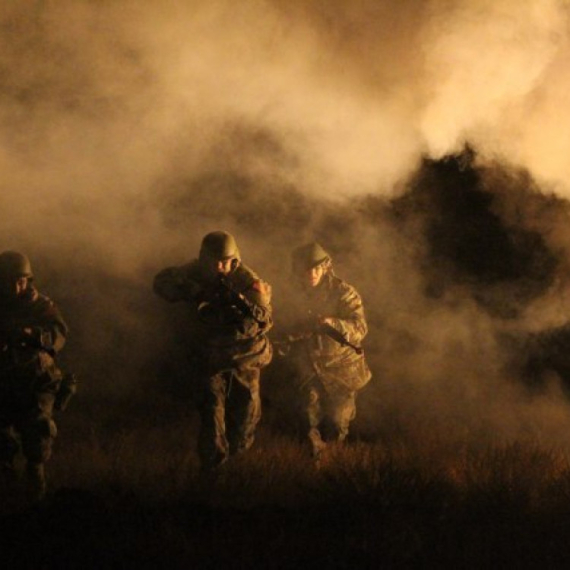

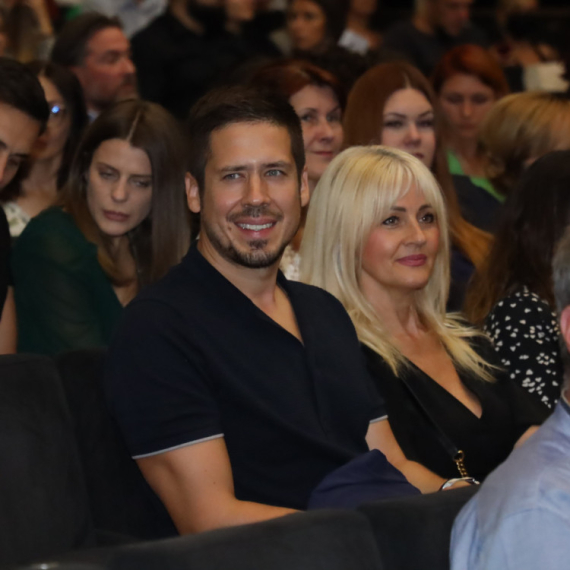
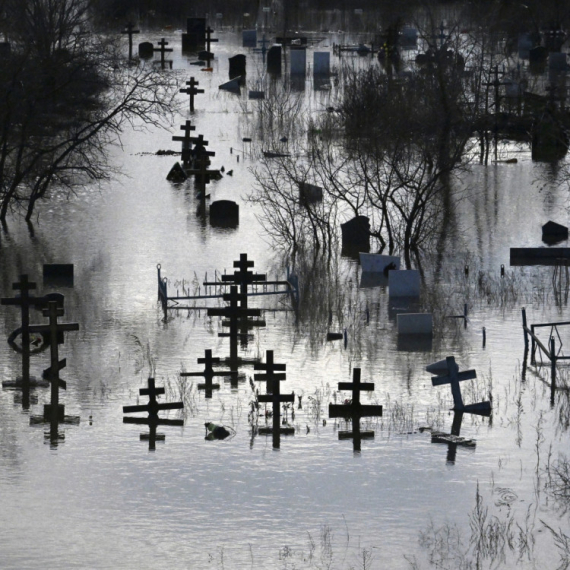
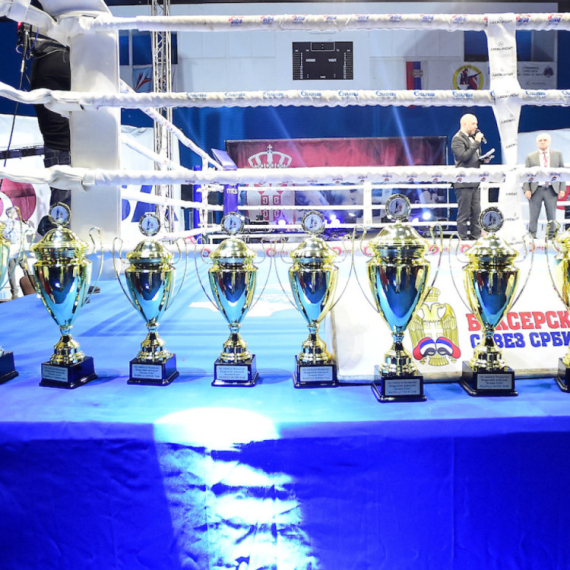
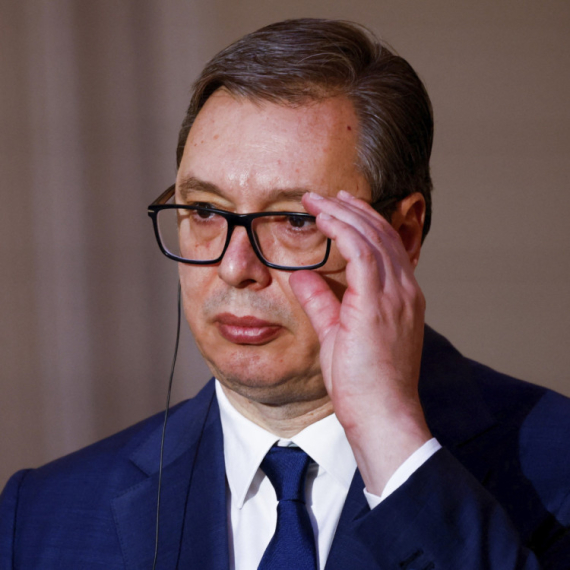
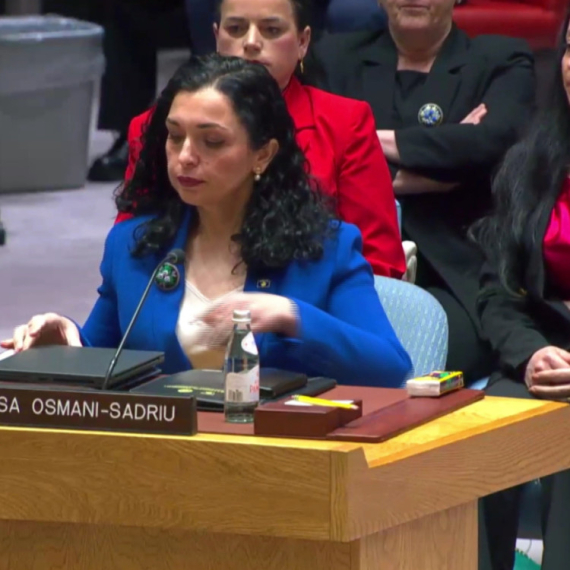
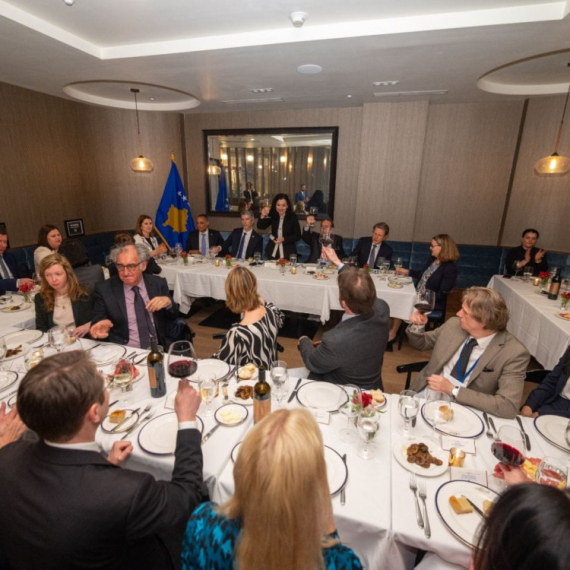


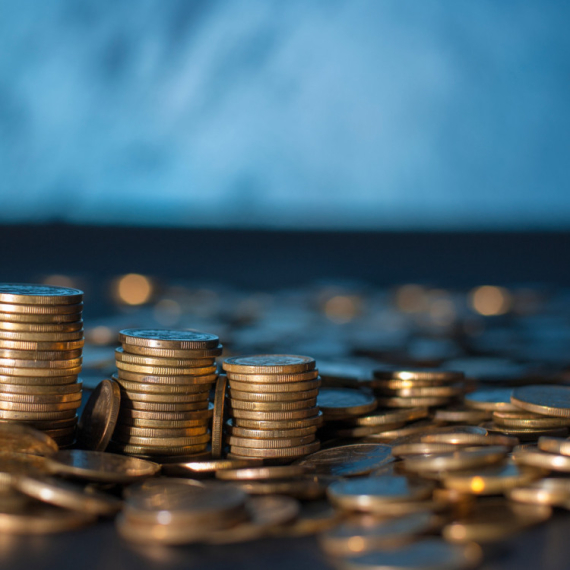
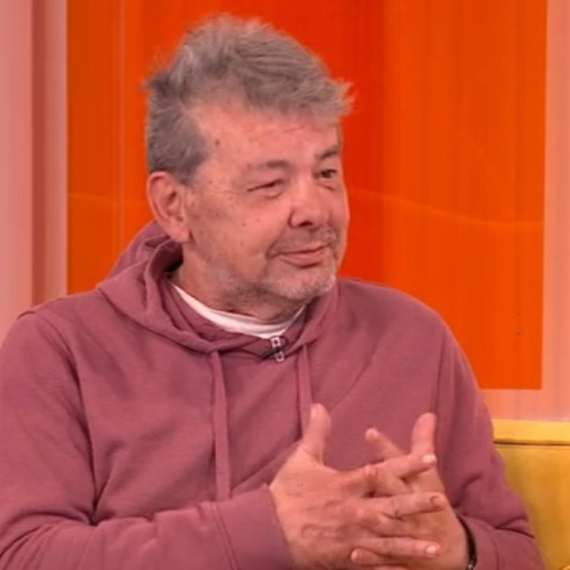
























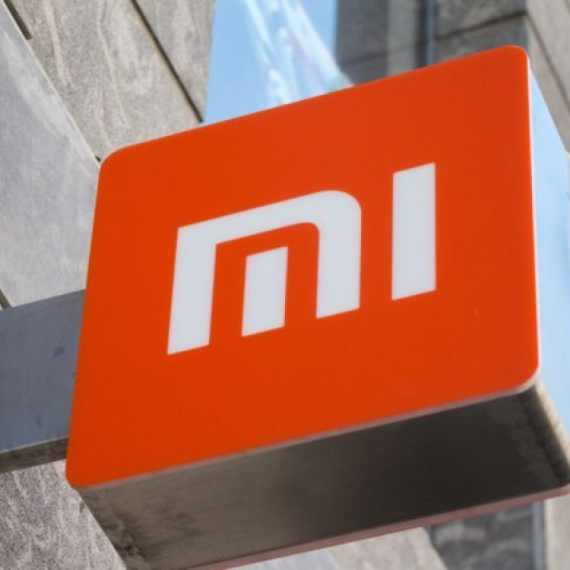


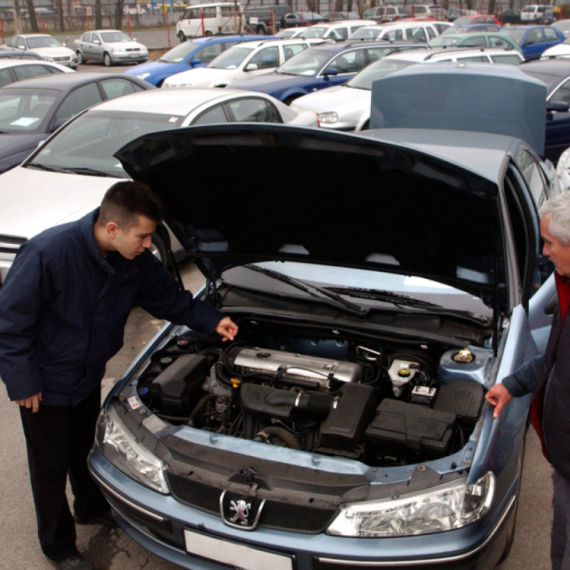






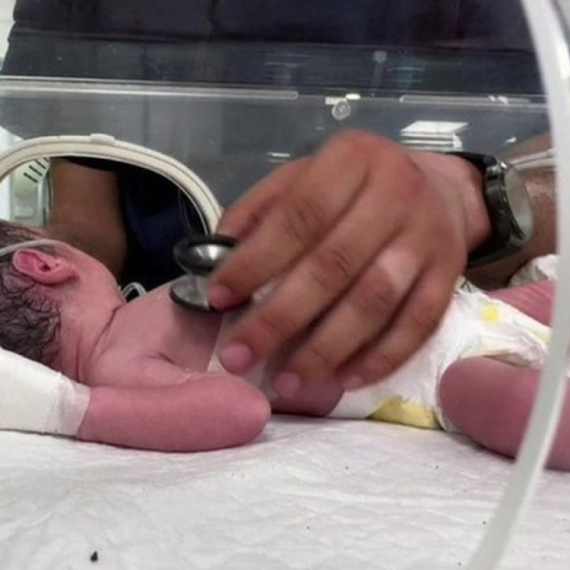

Komentari 6
Pogledaj komentare